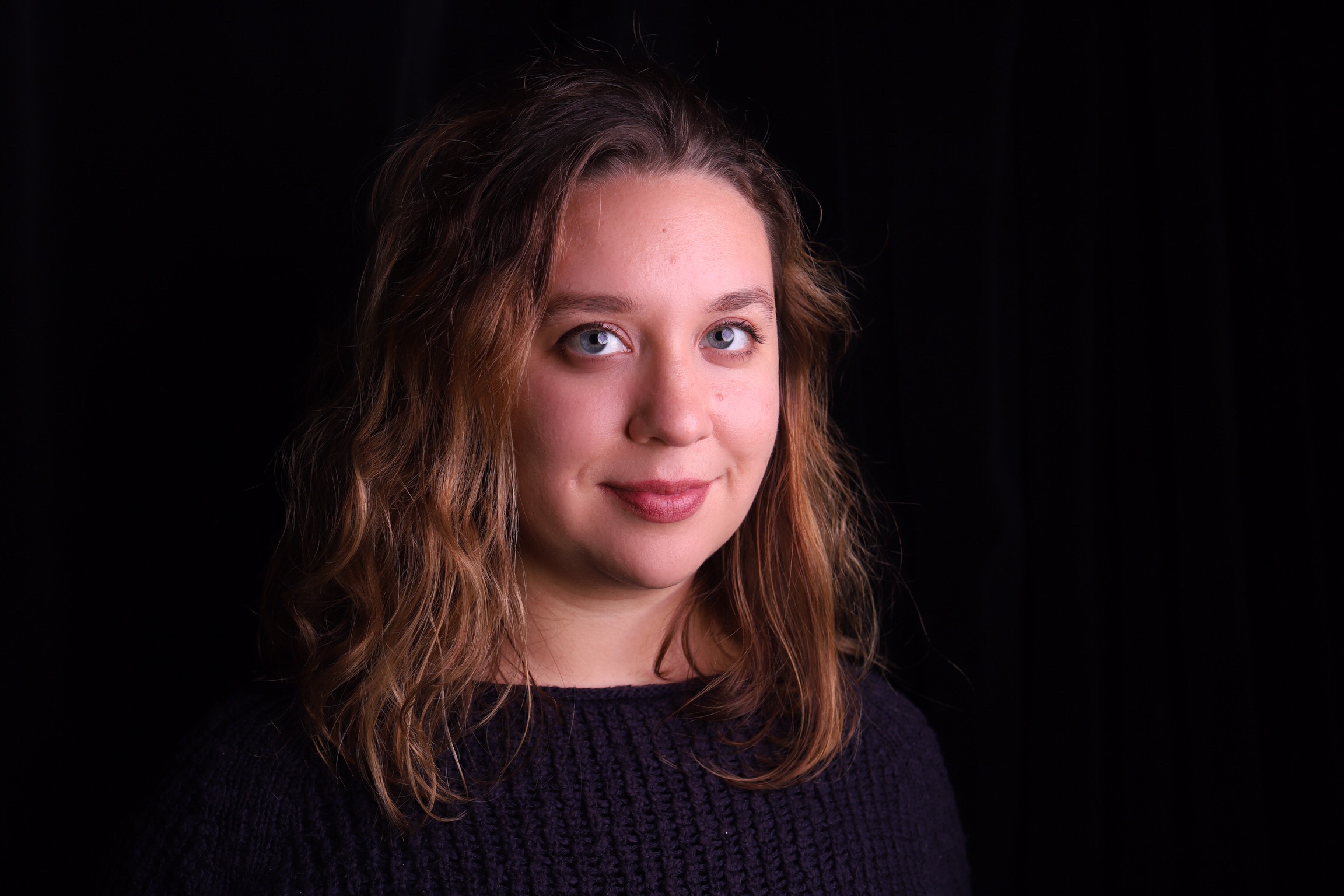Two members of the Minnesota Autism Council are vaccine skeptics, in a state that already has a history of struggling with misinformation about vaccinations and has recently fought one of the worst measles outbreaks in recent memory.
The Autism Council was formed last fall by state Sen. Jim Abeler (R) to advise the state’s legislature on public policy related to autism.
Abeler, who believes doctors should tell parents the “pluses and minuses of vaccines,” appointed anti-vaxxer Wayne Rohde, co-founder of the Vaccine Safety Council of Minnesota, a group that is skeptical of vaccines, and Patti Carroll, who was involved with organizing anti-vaccine outreach in the Minnesota Somali community.
Rohde refutes the label of “anti-vaxxer.” “Those who question vaccine safety are quickly marginalized as saying ‘We’re anti-vax,’” Rohde told the Star Tribune.
“In selecting members of the Autism Council, we desired to get a broad range of participants,” Abeler told the Daily Beast via email. “Including all voices and points of view will improve our chances of developing policy recommendations and action steps that will stand the test of time and actually work.”
Others on the council, however, disagreed. "Even if it's not something that's discussed or that a policy is going to come out of, giving them [anti-vaxxers] this large contingency on this council is dangerous. It's giving credence to a theory that's false," council member Noah McCourt, an autism self-advocate who also serves on the Minnesota Governor's Council on Developmental Disabilities, told the Star Tribune.
According to many scientific studies published in reputable academic journals, as well as the Centers for Disease Control (CDC), the United Nations’ World Health Organization (WHO), and the American Academy of Pediatrics, vaccines do not cause autism. Though scientists and doctors have again and again debunked the link between them, anti-vaxxer beliefs continue to exist and spread in local communities, among politicians and on the internet. The World Health Organization has named ‘vaccine hesitancy’ as one of the top ten threats to global health in 2019.
According to the Minnesota Department of Health, in 2017, Minnesota saw its worst measles outbreak in 30 years, reporting 75 cases. About 80 percent of those infected were part of the Somali immigrant community, according to state public health officials. Immigrant communities can be particularly vulnerable to disease if not vaccinated, according to the CDC, because new community members who arrive from other places where the vaccine isn’t prominently used can be carriers.
“Unfortunately, the Minnesota Somali community has been targeted with misinformation about vaccine risks,” Minnesota Health Commissioner Ed Ehlinger in a statement during the 2017 outbreak. “We’re partnering with Somali community leaders and health care providers to counteract that misinformation.”
On Wednesday, the MN Autism Council held its third meeting.
Abeler told the Daily Beast that the goal of the council is “to address the present and future needs for education, employment, housing, transportation and independent living in the autism community.” He added, “There is no plan or intention of taking any positions about vaccines.”
Rohde told the Star Tribune that while he does support parents’ rights not to vaccinate, “we’re not about causation within the council. The council is all about how to deal and help those who are afflicted, and their families and those who provide services.” Rohde has a son on the autism spectrum.
Nationwide, rates of measles are spiking in secluded areas, isolated communities, and even more urban areas, like greater Portland, where 23 people, including children, are ill from the disease and a public health emergency has been declared. The CDC reported that in 2018, 349 people nationwide had contracted measles, the second-most cases recorded since the vaccine eliminated measles in the United States in 2000.






